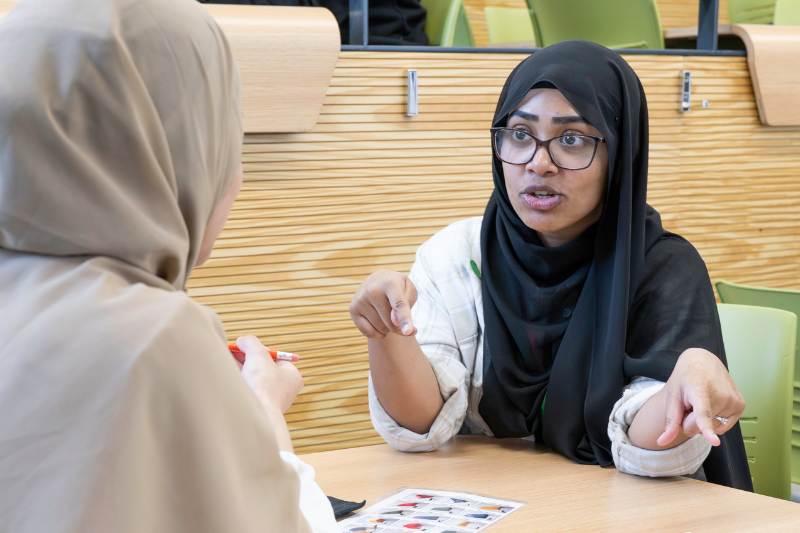Cost of Living and University Choices Report: Our recommendations for protecting young peoples’ futures

The Access Project is today launching its ‘Cost of Living and University Choices’ report, exploring the impact of the cost of living crisis on under-resourced young people.
The Access Project is a leading social mobility charity dedicated to supporting under-resourced students in accessing top-third universities. Our new research aims to explore the link between the rising cost of living and the university choices of prospective applicants from under-resourced backgrounds.
Designed by our Strategy & Impact team in collaboration with student researchers and focus groups, the report demonstrates that financial challenges caused by the cost of living crisis are impacting applicant decision-making in numerous ways. The pressures caused by the cost of living crisis are restricting choices and causing concerns amongst students and the adults supporting them.
The report amplifies the voices of students on our programme and their mentors, using their insights as the basis of a series of recommendations for stakeholders invested in the future of young people. Based on our findings, we put forth five key recommendations.
Support for students in the Cost of Living crisis
Maintenance support for students must increase
The current maintenance support on offer from the Department for Education and administered by the Student Loans Company does not meet the needs of under-resourced students and should match inflation. The gap between costs and support cause concern that students will need to stay at home, work part-time or forego essentials to attend university. Moreover, the costs of student accommodation and transport have already risen to unmanageable levels, taking advantage of young people who aspire to attend university but live in regions where they have no option but to travel and leave home.
A Sharia-compliant solution to student loans
Despite plans to build a Sharia-compliant alternative finance solution as part of the Lifelong Loan Learning Entitlement, the extended consultation and unclear timings from the Department for Education are frustrating and unacceptable. Students from Muslim backgrounds are still waiting over ten years since an initial proposal. The process for creating an alternative finance system must be accelerated. Moreover, the complications of applying for £0 value loans to access bursaries and scholarships should end, or institutions should provide specific support for parents and carers to understand the technical complexities of the system.
Increase scholarships, bursaries and hardship funds and their transparency
The higher education and charity sectors must do better to bolster support to match the cost of living and make it more transparent and accessible. Supplementary support is simply not enough to plug the gaps faced by young people and information about scholarships, bursaries and hardship funds should be front and centre on UCAS Hub. They can be the difference between a hard-working, ambitious student from an under-resourced background applying to a university or not.
More transparency about the true costs of university life
Work by organisations like HEPI and Blackbullion have led strong efforts in deducing the real, day-to-day costs of university life, but university budget calculators and accommodation search tools need more precision. Students, families and advisers need accurate information to be able to judge how far their finances will stretch.
Stronger financial education for advisers, families and students
We echo the importance of strengthening the financial literacy of young people and ensuring they have access to accurate information and resources. Changes to school curricula which improve financial literacy, specifically focused on managing finances at university are critical. However, this is not a solution to the cost of living crisis. It should not be the responsibility of individual students and families from under-resourced backgrounds to make things work in impossible financial circumstances. Many students are already managing their money and learning to budget, but they have had to learn this independently.
Cost of Living and Widening Participation
Anna Searle, Chief Executive Officer at The Access Project, said: “The Access Project supports young people to achieve their ambitions and creates space for them to articulate their thoughts, and we call on those across the country with a stake in the future of young people to listen to their voices.
“Through this report, they warn of the financial barriers affecting their decision-making on the journey to university. We hope you enjoy hearing from them”.
